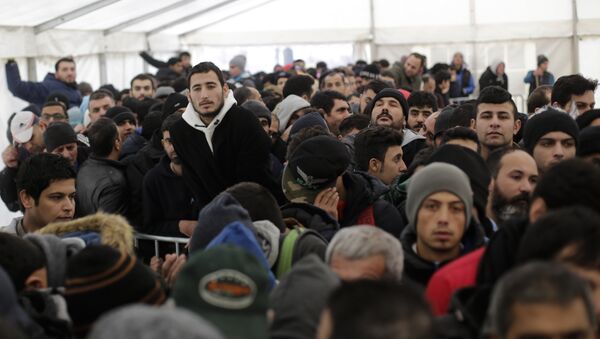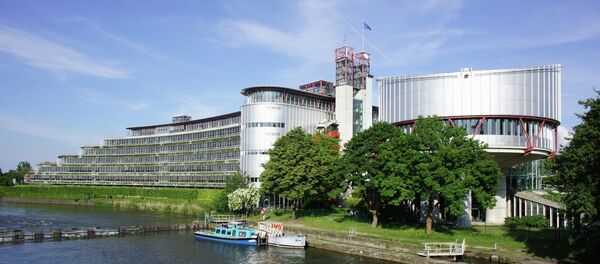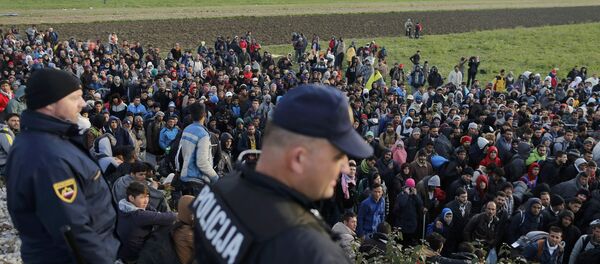"More than half the people who are arriving in Europe now come from countries which give them no basis to apply for asylum status. More than half, 60 percent," Timmermans told Dutch news broadcaster NOS.
Many of these migrants are coming for economic reasons from North African countries such as Morocco and Tunisia, having traveled to Europe via Turkey, he explained, citing the latest information for December from EU border agency Frontex.
"In order to maintain support for refugees, these people must be sent back as soon as possible," Timmermans said.
An EU Commission spokeswoman told Austrian newspaper Die Presse that migration figures for December had not yet been finalized, but confirmed that economic migration is increasing.
"Of course more and more economic migrants are coming to Europe," the spokeswoman said.
"A clear difference needs to be made between protecting asylum seekers and economic migrants who will be sent back."
@keeptalkingGR He says 60% comes from countries where one normally (unless pol prosec etc) doesn't need to flee from https://t.co/ORcPMzQ1D4
— Pieter Cleppe (@pietercleppe) 27 января 2016
'Timmermans: More than half of refugees have economic motives,' NOS reported.
In January German newspaper Frankfurter Rundschau reported a sharp increase in the number of migrants arriving in Germany from Algeria and Morocco.
According to figures from Germany's Federal Office for Migration and Refugees (BAMF) almost 2300 Algerians and 3000 Moroccans arrived in Germany in December 2015. The number represented a sharp rise since August, when less than 1,500 Algerians and Moroccans combined arrived in the country.
In the whole of 2014, around 3,900 people from both countries migrated to Germany, and just one of 59 Algerian asylum applicants and one of 27 Moroccan applicants were granted asylum, BAMF told Die Welt.
"Traditionally inhabitants of the Maghreb countries emigrated to Spain or France," UN Refugee Agency spokesman Stefan Teloken explained.
"Because the legal route across the Mediterranean has been broken, the movement appears to have moved to central Europe, because people resort to the Balkan route," he told the newspaper.
In December 2015 around 3,300 migrants were arriving in Germany each day, said de Maziere. The Interior Minister noted that while the number of migrants from Balkan countries in that month had fallen to almost none, the number from North African countries like Algeria and Morocco had increased significantly.
"If you look at the geography of course it is a particular cause for concern, and we will have to turn our attention to why this is," de Maziere said.
Despite announcing that migrants will be returned to safe countries of origin, in practice the EU faces obstacles such as migrants' lack of documentation and the unwillingness of countries of origin to take asylum seekers who have been refused leave to remain.
In December a plane of deported Pakistani migrants left Greece for Islamabad, where 30 of the migrants were not allowed by the Pakistani authorities to disembark, and were sent back to Greece.
The Pakistani Interior Ministry said the 30 individuals were "unverified deportees," who had been "illegally deported."
"Despite having settled all issues with the European Commissioner, Pakistani laws have been violated, which absolutely cannot be allowed," said Pakistani Interior Minister Nisar Ali Khan.






